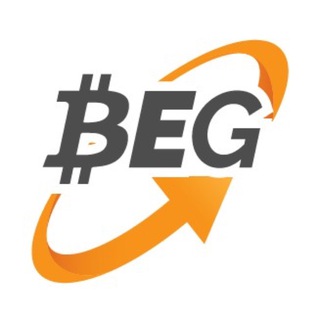The “Kimchi premium,” the difference between prices on South Korean exchanges and global cryptocurrency exchanges, has collapsed. Representing the exit of retail Korean traders, the “kimchi premium” on crypto assets has fallen to 0.5% after this week’s sell-off, noted DooWanNam, co-founder of StableNode, who is also working with MakerDAO. This kimchi premium had swelled to a three-year high of 22% in early April, just days before Bitcoin’s price hit its all-time high of nearly $65,000 in a sign of retail frenzy. Given that South Korea now contributes less than 2% of worldwide trading volume versus 8% in 2017, these swings in premiums don’t impact the cryptocurrency prices. Moreover, Bitcoin and Ethereum aren’t even the most traded crypto asset on South Korea’s largest crypto exchange, Upbit, rather they come at third and fourth place, respectively. Korans continues to be more interested in trading Doge and XRP, as per Coinmarketcap. In the last 24 hours, Upbit recorded more than $2 billion of trading volume for DOGE/KRW pair, $1.3 bln for XRP/KRW, over $1 bln for BTC/KRW, $678 million for ETH/KRW, and $465 million for ETC/KRW.
Largest “Crypto Seizure for Back Taxes”
While the retail is reeling from these losses, officials in the South Korean province of Gyeonggi confiscated $47 million in Bitcoin, Ether, and other cryptos, according to Financial Times. Officials are calling it the largest “cryptocurrency seizure for back taxes in Korean history.” The funds have been seized from 12,000 tax evaders. Officials manually connected individuals' activity on crypto exchanges with their phone numbers because trading platforms didn't collect formal identification of account holders. Just last year, the National Assembly of South Korea passed a law that required local exchanges to comply with KYC and AML guidelines from the Financial Action Task Force (FATF). As per this, crypto businesses, particularly exchanges, must get approval from the Financial Services Commission (FSC) and the Korea Internet and Security Agency before September 24, 2021.Be Cautious
On Wednesday, FSC Chairman Eun Seong-soo also once again spoke about the dangers of cryptocurrencies, according to a local media publication. Chairman Eun on the regulation of virtual assets said,“I emphasized the risk that coins (cryptocurrency) could become a piece of paper if virtual asset business registration (VASP license) is not done.”He further reiterated the need to be cautious about investing in cryptocurrencies and said, “It is regrettable that we cannot do anything about the price change of the coin, delisting, or suspension of trading.” On being asked by Tesla CEO Elon Musk influencing the crypto market and whether he will refund Korean investors, Chair Eun said while he understands the anger, “it is technically and realistically difficult,” adding, “if it was done in Korea, if it was a stock, it would be subject to judicial treatment.”
 bitcoinexchangeguide.com
bitcoinexchangeguide.com